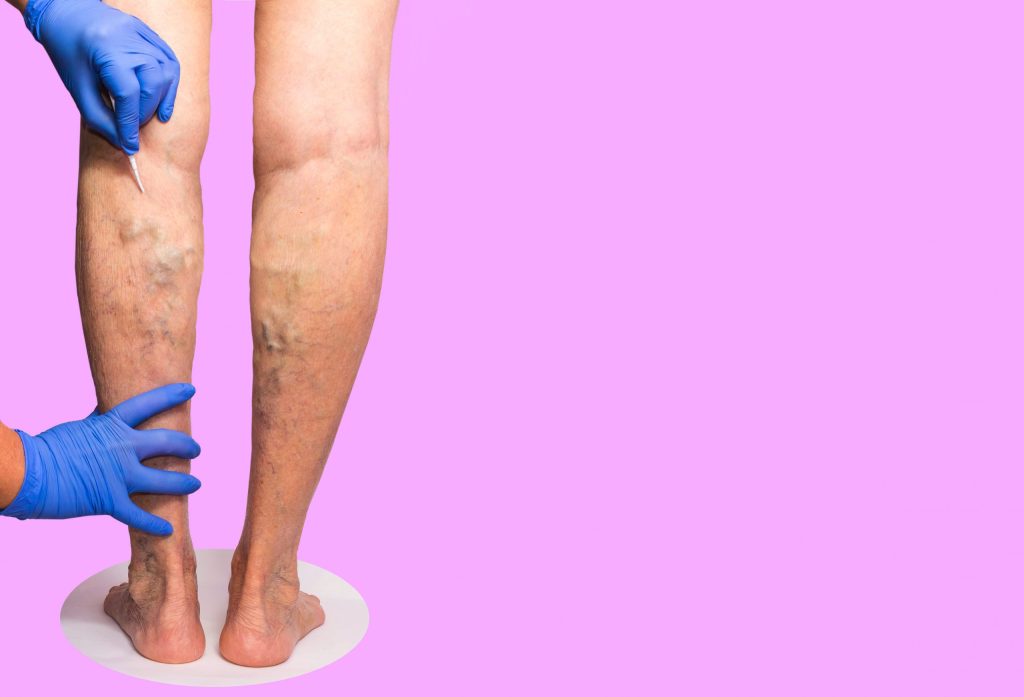
Are Varicose Vein Treatments Covered by Insurance? varicose veins are a common medical condition that affects millions of people around the world. These unsightly and sometimes painful veins can cause discomfort and embarrassment for those who suffer from them. If you’re one of these individuals, you may be wondering whether varicose vein treatments are covered by insurance and what type of doctor is best suited to treat this condition. In this article, we will explore these questions and provide you with valuable information to help you navigate your varicose vein treatment journey.
The first question on many people’s minds when it comes to varicose vein treatment is whether their insurance will cover the costs. The answer to this question can vary depending on several factors, including your insurance provider, the severity of your varicose veins, and the specific treatment option recommended by your healthcare provider.
In general, insurance companies are more likely to cover varicose vein treatments if they are considered medically necessary. This means that if your varicose veins are causing you pain, swelling, or other symptoms that affect your daily life, there’s a good chance your insurance will cover the necessary treatments. However, if your primary concern is purely cosmetic, insurance coverage may be less likely.
To determine whether your varicose vein treatments are covered by insurance, you should start by reviewing your insurance policy or contacting your insurance provider directly. They can provide you with information about your coverage and any requirements you need to meet for the treatments to be eligible for reimbursement.
It’s important to note that insurance policies can vary widely, and what one insurance company covers, another may not. Therefore, it’s essential to be proactive in understanding your specific insurance coverage and working closely with your healthcare provider to navigate the process.
Now that we’ve addressed the insurance aspect, let’s delve into the second question: what type of doctor treats varicose veins? The medical professionals who specialize in the diagnosis and treatment of varicose veins are known as vascular surgeons or interventional radiologists. Additionally, some vascular specialists, dermatologists, and phlebologists (physicians who focus on vein disorders) also have expertise in treating varicose veins.
When seeking treatment for varicose veins, it’s crucial to consult with a healthcare provider who specializes in vein disorders. They will evaluate your condition, discuss your symptoms and medical history, and recommend the most appropriate treatment options for your unique situation.
It’s also important to consider your personal preferences when choosing a healthcare provider. Some individuals may prefer a non-surgical approach, while others may be open to surgical interventions. Discuss your options with your chosen specialist to determine the best course of action for your varicose veins.
Now that you know what type of doctor can treat varicose veins, let’s explore some of the common treatments available for this condition. The choice of treatment depends on the severity of your varicose veins and your overall health. Here are a few options:
Your doctor will recommend the most suitable treatment based on your individual condition, preferences, and overall health. They will also discuss the potential risks and benefits of each option, as well as the expected outcomes and recovery times.
In summary, whether varicose vein treatments are covered by insurance depends on several factors, including the medical necessity of the treatment and your specific insurance policy. It’s essential to understand your insurance coverage and work closely with a healthcare provider who specializes in varicose vein treatment.
When seeking treatment for varicose veins, consider consulting with a vascular surgeon, interventional radiologist, vascular specialist, dermatologist, or phlebologist, depending on your specific needs and preferences. These specialists can evaluate your condition and recommend appropriate treatment options, which may include compression therapy, sclerotherapy, endovenous laser treatment, radiofrequency ablation, surgical procedures, or other minimally invasive techniques.
Remember that varicose vein treatments have evolved significantly in recent years, offering effective solutions with less downtime and discomfort. So, if you’re dealing with varicose veins, don’t hesitate to explore your treatment options and consult with a qualified healthcare professional to improve your vein health and overall well-being.